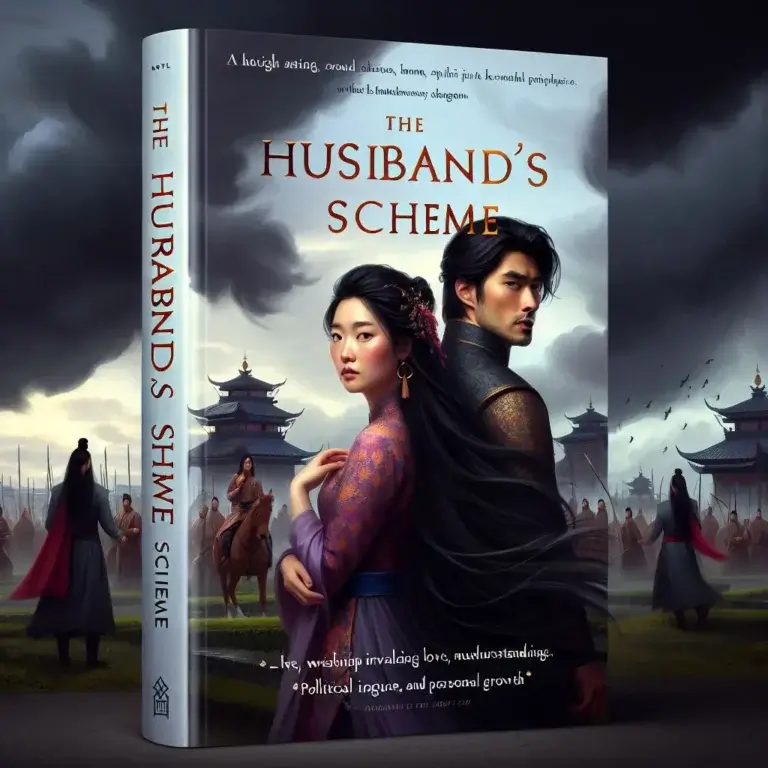The reason for this situation, where three factions were initially contending but eventually led to the human players launching an attack on the game instance Muhanla Divine Miracle protected by Lin Feng, the old monster, involved another secret that Lin Feng couldn’t fully ascertain—a feud between Marumi and the developers of “Fantasy World.” The force behind the human player group was indeed the enchanting magical female warrior Diana, who had the ability to destroy the spatial barrier of the game instance Muhanla Divine Miracle. This wasn’t because they found some game bug, nor because Diana had some unbeatable forbidden magic, but due to the background of these people. Among those manipulating behind the scenes, some were former members of the “Fantasy World” development team and technical staff who had provided technical support to Marumi Company. After breaching the spatial barrier of the Muhanla Miracle, this group did not immediately launch a flood-like offensive to overwhelm Lin Feng’s BOSS legion. Instead, the mage warrior, Diana, was engaged in a conversation with an ultimate BOSS from a dungeon, discussing some sort of ritual to invoke the Holy Ancestor Turing. This implies that among the numerous mysterious organizations and groups that had rushed into the virtual world for a taste of the experience, only the manipulators behind this human player army had a clear, primary objective. That objective was none other than the summoning of the so-called Turing Holy Ancestor by Diana! What was being summoned? It wasn’t to make Lin Feng, the counterfeit great monster, pledge loyalty to this group of human players, transforming him into the super pet of this player army, but rather to summon this counterfeit monster to surrender the key he supposedly possessed for opening the divine realm.
Moreover, Lin Feng finally understood the significance of this so-called divine key. Whoever first possessed the key to open the divine realm in this virtual world would be able to create their own unique temple within the game space, a super-civilization entity, to receive worship from more players or, in other words, to become a spiritual refuge for the players. This relates to a long-standing scientific question in the academic community, which is a branch of the study concerning human super-abilities and brain development—how to use technology to achieve the open secret of the world of superhumans, the so-called God-Making Project.
Before this, within various secretive institutions studying human life sciences, the so-called impossible God-Making Project had simulated many exciting results in scientists’ laboratories. Even latercomers like Marubeni had successful cases in their secret experimental bases. Leading the charge in this field were undoubtedly the USA, where superheroes are popular among the public, and Japan, with its robust robotics research capabilities.
After Lin Feng’s initial involvement in the extermination of Li Xiangdong’s bandit den on Yuban Mountain, he first had the opportunity to interact with these superhumans. It was during this incident, from the confidential documents stolen from the national security’s secret base, that he learned about the God-Making Project. Previously, he couldn’t understand why Qin Jian, a high-level superhuman, would bother going into business, dealing with online game agency, and why the country would spend huge sums to purchase a game like “Fantasy World” from abroad. Now, he finally understood. The reason so much focus was placed on this seemingly unrelated field of online gaming was because of the unique faith system within this open virtual platform, or more plainly, the marvelous setting that could quickly and efficiently gather the willpower of players.
In the real world, the God-Making Project, known for over a thousand years, had a shortcoming—the collection of willpower and the vast number of superhumans providing that willpower. With the advancement of time and the development of science, the booming virtual platform of online games undoubtedly provided an alternative opportunity, a chance to realize the God-Making Project through a workaround.
It’s well-known that any popular online game that captivates players must have a special leveling system that draws players in, and the most captivating aspect is often the unique, exclusive professional identities and ranks granted by deities, such as player guilds’ exclusive castles, nations, etc., which provide players with a sense of belonging and cohesion. In “Fantasy World,” there is a highly practical faith system designed. Players can freely choose different faiths and can exchange attributes like personal reputation and prestige for contributions of willpower, which can then be used to gain exclusive professional identities and ranks from selected deities. Through these mesmerizing, exclusive identities and ranks, players gain special auras bestowed by their chosen deity, making their gaming life more colorful and leveling up more enjoyable and effortless.
In other words, in “Fantasy World,” as long as a player is willing to put in the effort, they can gain many enticing, extraordinary identities. Online games are, after all, a microcosm of the real society; everything that exists in reality can be found in this virtual world. Players become addicted for two main reasons: one, they genuinely find endless joy in the virtual world, and two, many who are frustrated in real life seek solace in this virtual environment to balance out their psychological dissatisfaction.
Therefore, the God-Making Project from the world of superhumans could theoretically be realized in the online world. This has been proven by vast experimental data from numerous secret research institutions, a grand plan for the birth of a new human race. Before this, the shortcoming of this new alternative God-Making Project was how to collect and effectively store the real willpower of humans through a virtual platform like the internet, to ultimately initiate the God-Making Project.



